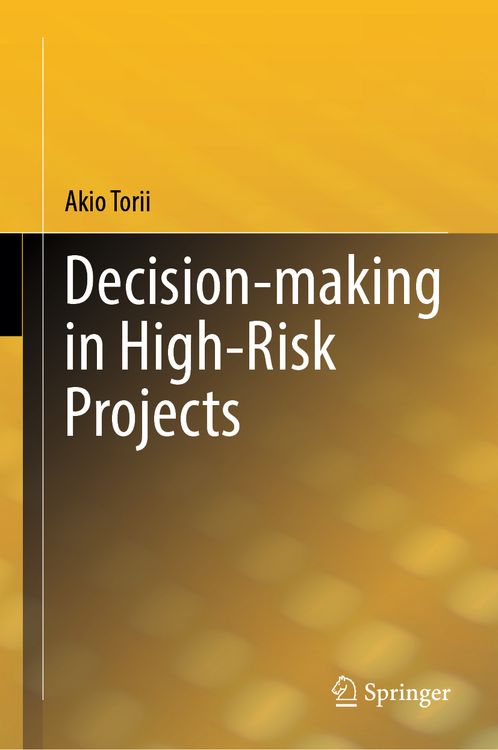
Decision-making in High-Risk Projects
-
- Hardcover ausgewählt
- Taschenbuch
- eBook
-
Sprache:Englisch
103,99 €
UVP
117,69 €
inkl. MwSt,
Lieferung nach Hause
Beschreibung
Details
Einband
Gebundene Ausgabe
Erscheinungsdatum
03.07.2024
Verlag
Springer SingaporeSeitenzahl
108
Maße (L/B/H)
24,1/16/1,3 cm
Auflage
1. Auflage
Sprache
Englisch
ISBN
978-981-9730-55-1
This book identifies and systematically confirms the various factors that allow dangerous nuclear power projects to proceed without adequate risk assessment, even as society recognizes the magnitude of risks associated with nuclear power generation. For the first time, it employs a communication game model to explore each factor individually.
The novel feature of the book lies in its theoretical analysis of institutional factors, such as the possibility of regulatory capture by electric power companies, the likelihood of these companies concealing early warning signs, the societal demand for excessive safety leading to intolerance of even minor incidents, and the ambiguity of liability. These issues have been pointed out and discussed by many commentators, including the media, but they have never been rigorously verified through economic model analysis. Furthermore, the book discusses why trial and error, a common approach in technological development, is particularly challenging for nuclear power.
Unsere Kundinnen und Kunden meinen
Verfassen Sie die erste Bewertung zu diesem Artikel
Helfen Sie anderen Kund*innen durch Ihre Meinung
Kurze Frage zu unserer Seite
Vielen Dank für dein Feedback
Wir nutzen dein Feedback, um unsere Produktseiten zu verbessern. Bitte habe Verständnis, dass wir dir keine Rückmeldung geben können. Falls du Kontakt mit uns aufnehmen möchtest, kannst du dich aber gerne an unseren Kund*innenservice wenden.
zum Kundenservice